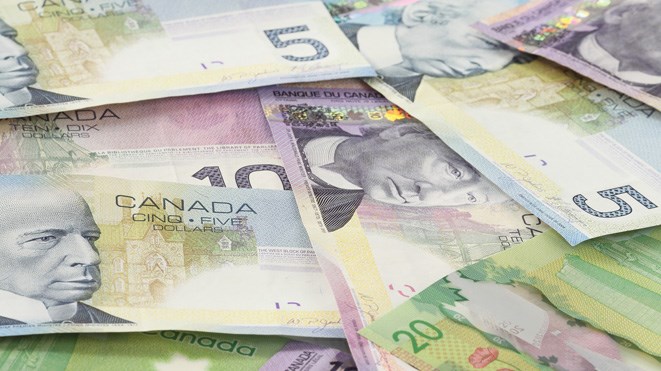Get whatever you want. Don’t worry about the cost. I love hearing that when someone buys me lunch.
I don’t love hearing that in the midst of an election campaign.
Because of three main parties, only Conservative leader Doug Ford has mentioned Ontario’s massive debt, and he’s only talking about it in vague terms, but at least he seems aware there’s a problem. The same can’t be said for his counterparts.
This is a problem. This province’s fiscal hole is so big you could drive an aircraft carrier through it, let alone a Mack truck — the debt is estimated to be somewhere between $311 billion and $350 billion (I’ve seen several figures in that range).
It’s an absolutely massive sum. Our debt is higher than the Gross Domestic Product (GDP) of 146 countries. Entire countries. We are quite possibly the world’s largest sub-sovereign debt holder. Even if the debt is on the low end of the range I provided earlier, it still means we owe about $23,000 for every man, woman and child in the province.
We are drowning in an empty hole of money owed. Our debt makes up almost 40 per cent of our GDP. Ontario’s yearly interest payments on that debt are more than $12 billion — the real amount of our budget deficit, by the way, according to Auditor General Bonnie Lysyk (who’s speaking in Sudbury on June 14 as part of the Sudbury Chamber of Commerce’s President’s Luncheon Series), not the $6.6 billion Finance Minister Charles Sousa says it is.
Heck, of the top budget items we spend money on (health care is first, followed by education and social services), interest payments on that debt come in fourth. Our fourth most costly budget item is a hole we shovel money into.
Much of that debt is locked in at the freakishly low interest rates we’ve enjoyed in recent years, which is a good thing. But (isn’t there always a ‘but’) as the National Post reported back in March. maybe as much as 40 per cent is due in the next term of government and since we likely can’t afford to pay the bill, we’ll have to replace the low-interest-rate debt with — you guessed it — higher interest-rate debt.
And yet, despite the precarious financial position we find ourselves in, not one of the main parties has any real plan to address the issue. Yes, Conservative voters, Doug Ford is at least talking about it, but vowing to cut $6 billion from the budget using the populist campaign tactic of going line-by-line to find vague “efficiencies” isn’t much of a plan, sorry.
So Ford has mentioned the debt. Good. He’s still planning on running a deficit in his first year, if he’s elected though, so there you go.
One year of deficit is better than what the Liberals and the NDP are proposing though.
The Liberals — the party who doubled our debt while piloting this province for the past 15 years — plan more than $20 billion in new spending. Using their common, money’s-no-object campaign tactic of promising everything under the sun, they want to run deficits of more than $6 billion a year until 2020-2021.
The NDP platform isn’t much better. The party’s spending promises are less costly, it seems, than the Liberals (who’ve made it a habit of out-lefting the most left of the major parties in recent elections by out-spending them), but Andrea Horwath’s Dippers will run five consecutive deficits if they’re elected.
I know debt and deficits aren’t “sexy” topics when you’re running an election campaign. Promises make people feel good and people who feel good are more motivated to vote for you, goes the conventional thinking. The sober reality of debt and deficits make people feel bad, so the party who talks about them is driving voters into the arms of candidates who make them feel good, or so goes the conventional thinking.
It’s a game we play with our politicians. They don’t tell us what we don’t want to hear, and we complain that they don’t listen.
Is it any wonder we are so far in the hole? Oh, and by 2021 or so, our debt is expected to hit $400 billion.
Mark Gentili is the editor of Sudbury.com and Northern Life.
